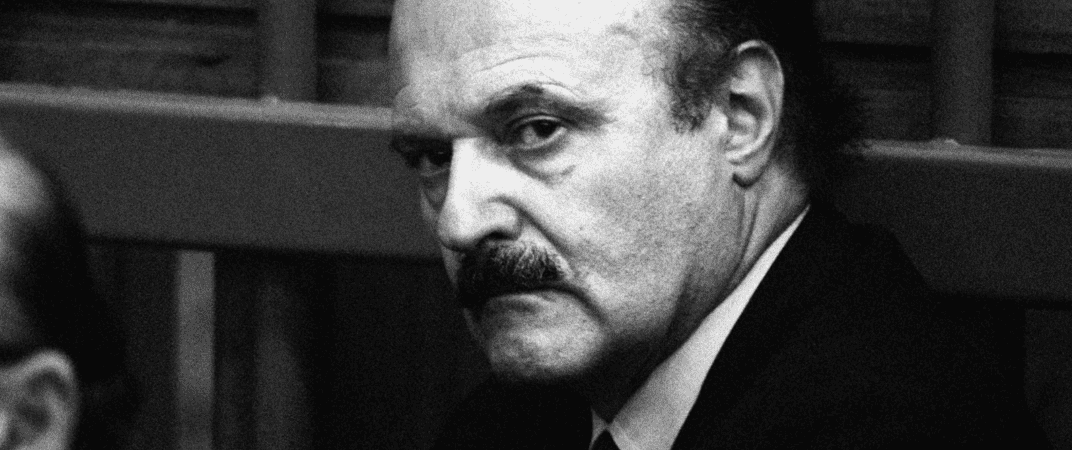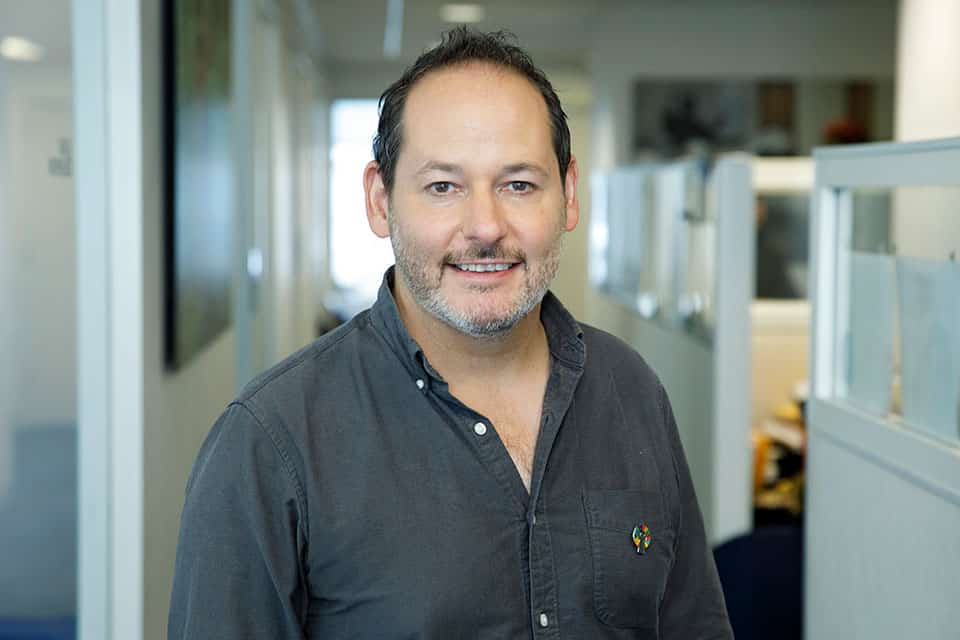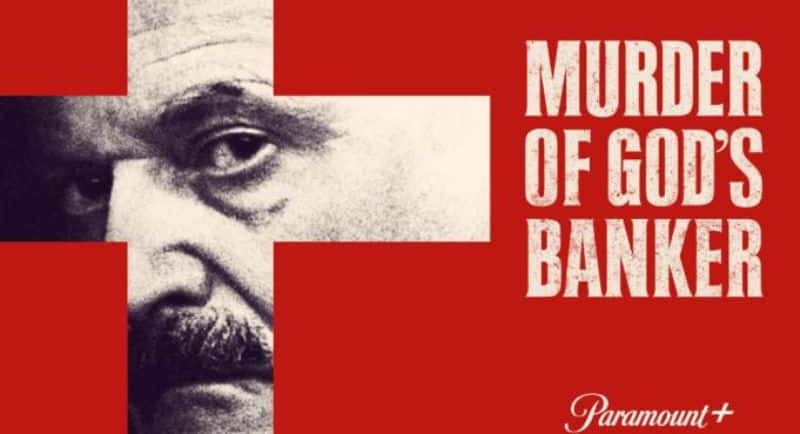Tom Donahue knows a thing or two about secret societies. After diving deep into the fascinating — yet frightening — world of Roberto Calvi, a fugitive financier known as “God’s Banker”, the Emmy Award-winning director was submerged into a story of international intrigue involving the Vatican, the Mafia and neo-fascist groups in Italy.
In his new directorial outing, Donahue and his team use archival footage, stylised dramatisations and interviews to tell the story in Paramount+’s Murder of God’s Banker. What started out as an investigation into Calvi’s 1982 death (where he was found hanging on a wall), led to so much more.
Speaking to Mediaweek from his home in Los Angeles, the documentarian revealed why the world has an obsession with the Mafia – be it portrayed through series like The Sopranos or films like The Godfather franchise or even stories like Calvi’s.
“There’s something very primal about the mafia in the way it operates,” he said during the interview. “There’s inherent life and death drama in the stories. There are secret odes of silence and extreme violence.”
Calling it “a fascinating and heightened way to see our own reality”, Donahue said it was a way to “reinforce our own value systems.”
“[Audiences would] say ‘I would never do that. That’s wrong.’ It really allows you to be self righteous and still enjoy the violence.”

Roberto Calvi. Murder of God’s Banker. Paramount +
Docu-series allows you to dive deeper into the complex story over multiple episodes
The four part documentary delves into the layers of corruption at the root of global money and power and is complex and geopolitical — the perfect platform for a docu-series.
“It’s about American history, Italian history, the Cold War, the Catholic Church, the CIA, the Sicilian Mafia,” Donahue said. “It’s a really hard story to tell, but we realised that docu-series affords you the ability to tell it over multiple episodes.”
For Donahue, the role of the CIA was the most shocking thing he found through his research.
“I knew about the level of fear we had about communism coming out of World War Two,” he said. “But it was how the CIA meddled in the elections in Italy because they could never allow the communists to actually take power. So, there was this monolithic one party system that was hiding in plain sight.
“It was the Vatican working with the Mafia. The American CIA made sure the communists and even the socialists, could never come to power in Italy and probably be complicit in terror bombings through the years from 1968 to 1980, culminating in the Bologna train station bombing where 82 people died.”
The institutions in the documentary would have “a lot to answer to”
Since the story deals with some of the world’s largest and notoriously closed-door institutions, Donahue said that when you ask for “permission” to get a look inside, you’re met with monumental contracts, with harsh guidelines about what can and can’t be said.
“We wouldn’t be able to have the freedom to tell the story,” he admitted. “Truthfully, if we had to get permission from the Sicilian Mafia, the CIA, the Vatican, the international banking system, you have to unfortunately always do it outside like any journalist…we don’t even want them to know about it till it’s done.”
In fact, some of the topics the story investigates are so under lock and key, that these institutions would have “a lot to answer to”.
“I think the thing about this story or the overall theme of the story, the thing that connects all the different strands, are these huge institutions that are corrupt, because they have no accountability to the public,” he said before adding: “Everything is done by these patriarchal systems by these people in power secretly and that’s ultimately the problem.
“Whether it’s the Vatican, the mafia, the CIA, the secret Masonic Lodge, it’s all about men operating in secret. And that leads to corruption. So how could they be happy with that story?”

Documentarian and director of Murder of God’s Banker, Tom Donahue.
Tom Donahue explains why dramatisations enhanced Murder of God’s Banker
The story of Calvi may have ended in 1982 with his death; however, it was just the tip of the ice-berg of a narrative that spans over 70 years. In saying this, coming across footage and interviewees proved to be challenging, so Donahue and his team used dramatisation to enhance their storytelling.
“Most of the people involved, the key players are dead,” he said. “But there’s a few that were alive, and there are the secret organisations, but they don’t take a lot of pictures, they don’t keep a big archive that’s accessible to public. So we have to visualise what it would be like, and it adds a certain level of drama.
“I wanted to add motion comics that felt like film noir, because I felt like that it was the feeling of German expressionism, of men operating in the shadows.”
Stream Murder of God’s Banker on Paramount+ now.
